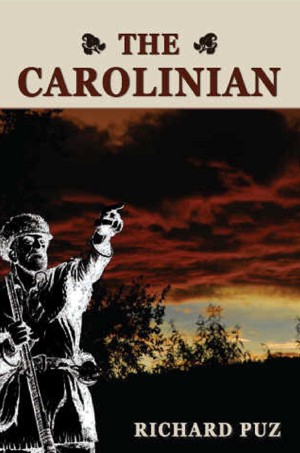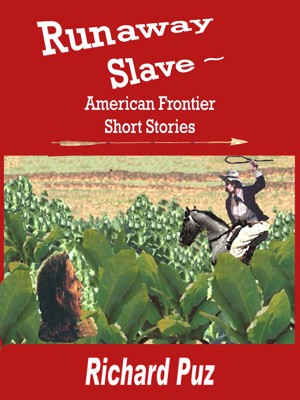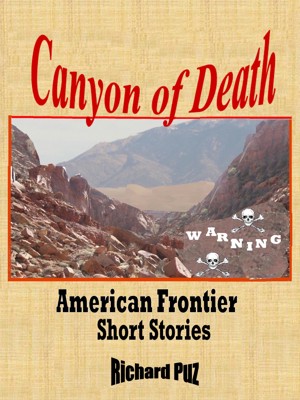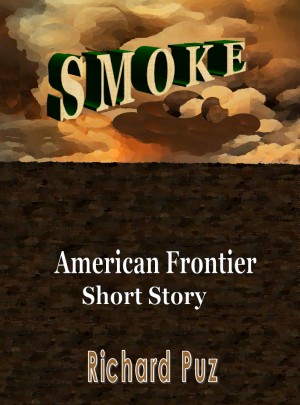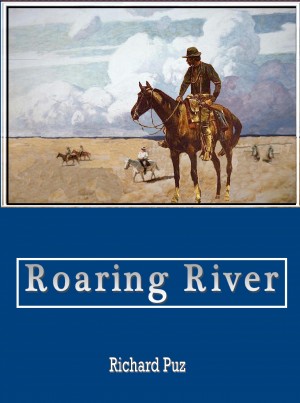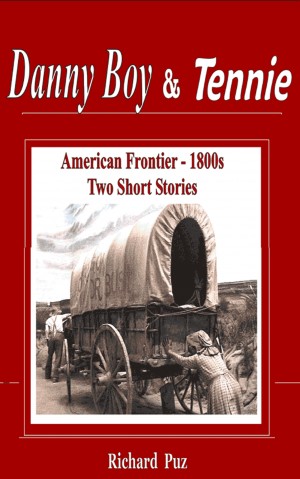Share with Friends
Interview with 74th Street Press*Olympia
Published 2013-09-19.
Smashwords Interviews are created by the profiled author or publisher.
Books by This Author
The Carolinian
by 74th Street Press*Olympia
Series: Six Bulls of Missouri, Book 2.
Price:
$9.99 USD.
Words: 66,340.
Language:
English.
Published: March 9, 2013
.
Categories:
Fiction » Historical » Western & American frontier
Abraham, a recruit in General Andrew Jackson's ragtag army, faces the enemy in New Orleans and learns the eternal truth-God is blind to a man's color. Midwest Book Review says "A riveting story set against a tragic time in American History."The News Dispatch:"Brilliantly captures the essence pioneers(s) in 1830s." "Highly recommended for community libraries" by Michael Dunford, "wholly absorbing
Runaway Slave
by 74th Street Press*Olympia
Series: American Frontier--Short Stories by Richard Puz, Story 4.
Price:
$3.99 USD.
Words: 2,360.
Language:
English.
Published: December 1, 2011
.
Categories:
Fiction » Historical » Western & American frontier
(4.50 from 2 reviews)
Tobacco plantation owner Alvin Tolle is confronted with a split-second decision that will affect the rest of his life.
All of my books are drawn from the American frontier in the 1800s. This story is about one man at the forefront of dealing with racism and slavery in North Carolina.
Runaway is a snippet from my hard copy novel "The Carolinian," available at Amazon.
Canyon of Death
by 74th Street Press*Olympia
Series: American Frontier--Short Stories by Richard Puz, Story 9.
Price:
$3.99 USD.
Words: 5,880.
Language:
English.
Published: December 1, 2011
.
Categories:
Fiction » Historical » USA
On the American Frontier in the 1800s, the greatest loss of life on the Oregon Trail was not from Indians, accidents, or weather. The biggest danger was unexpected, silent, and deadly. Josiah and his party come across a large herd of cattle on its way to the California gold fields with drovers that are dying or dead. Read Puz's latest novel, Bride by Mail.
Smoke
by 74th Street Press*Olympia
Series: American Frontier--Short Stories by Richard Puz, Story 8.
Price:
$3.99 USD.
Words: 2,450.
Language:
English.
Published: October 7, 2011
.
Categories:
Fiction » Historical » General
Short Story about the American frontier in the 1800s.
Prairies are one of God’s greatest gifts, but these can also turn deadly. Pioneers take desperate measures to save everything they have created.
Roaring River
by 74th Street Press*Olympia
Series: American Frontier--Short Stories by Richard Puz, Story 6 .
Price:
$4.99 USD.
Words: 5,170.
Language:
English.
Published: October 7, 2011
.
Categories:
Fiction » Historical » General
Bushwhackers ambush two men, killing one. The survivor leads a posse to track down the band of killers, leading to an epic battle.
Danny Boy
by 74th Street Press*Olympia
Price:
$3.99 USD.
Words: 2,520.
Language:
English.
Published: September 24, 2011
.
Categories:
Fiction » Historical » General
Whimsical and humorous, a riverbank tavern is the setting for pioneers quenching their thirst after long hot days on their wagon train journey to Indiana. They meet two riverboat men and have a merry time, hoisting rounds of boiler makers, until a fight breaks out in the tavern. Then—fists, knives, and pistols spice up the evening.

